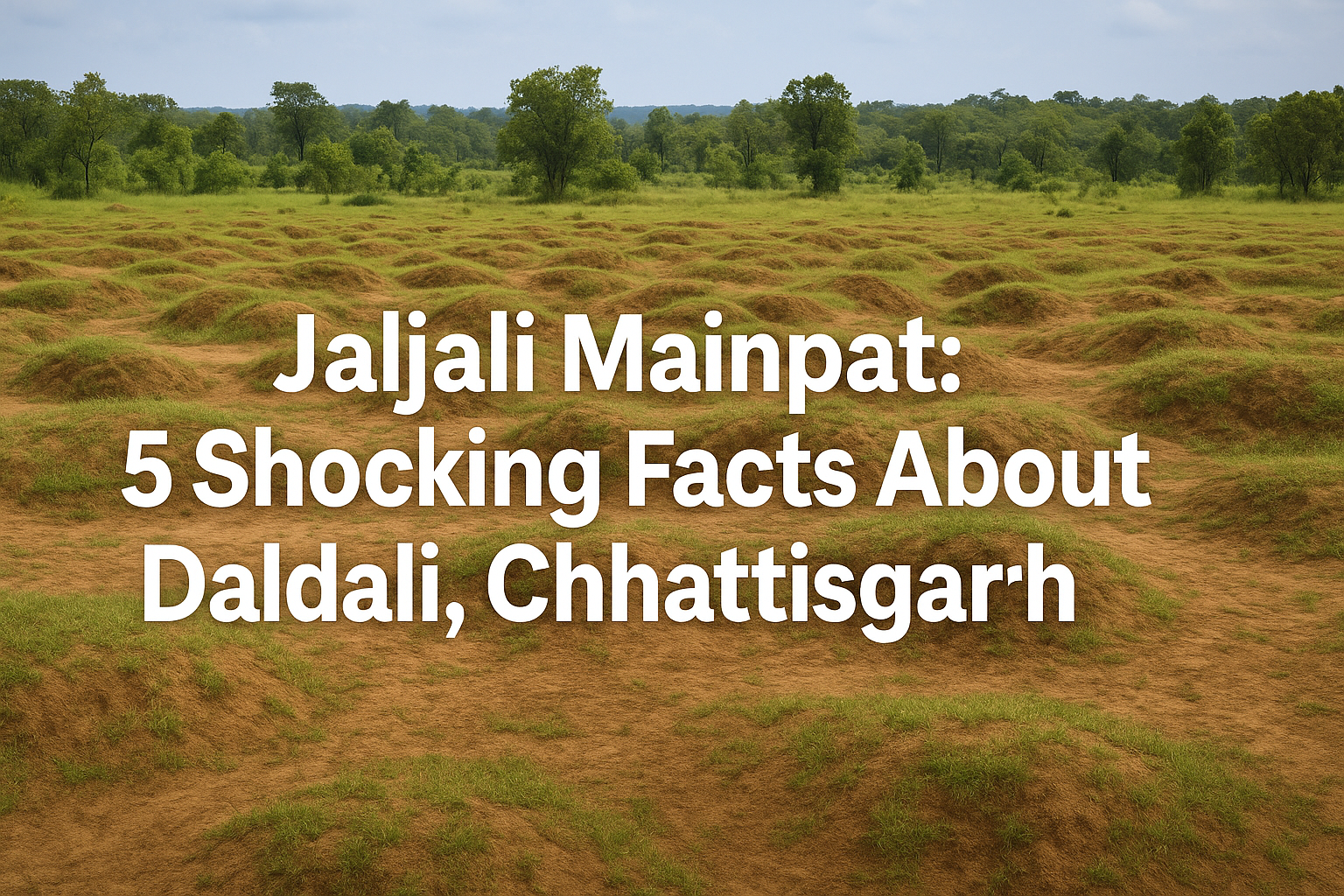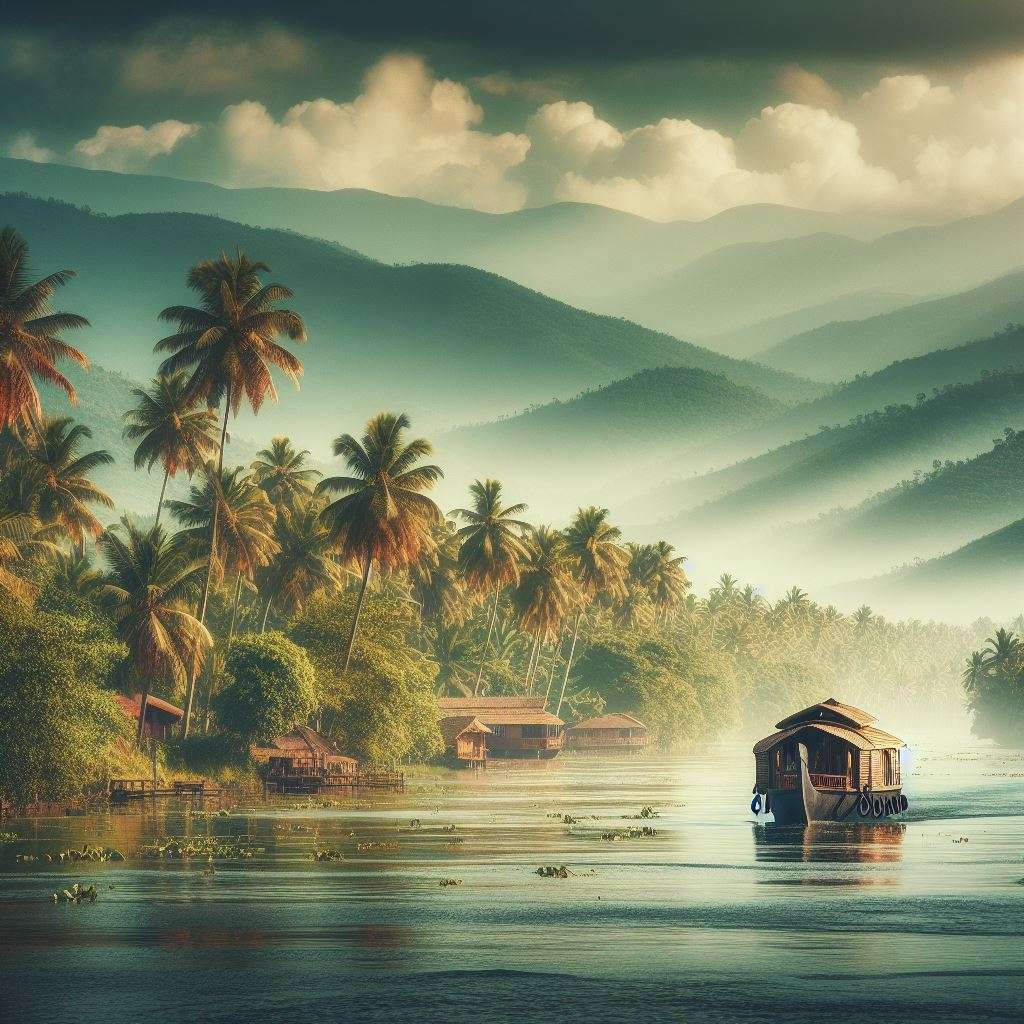


Kerala, the southernmost state of India, is known for its rich cultural heritage and natural beauty.
The state is home to a diverse range of traditional occupations, many of which have been practiced for centuries. From coir making to fishing, pottery to farming, these occupations have been passed down from generation to generation and continue to play an important role in the state’s economy and culture. In this blog post, we will focus on the traditional farming practices of Kerala.
Farming has been an important occupation in Kerala since ancient times. The state’s fertile land and abundant water resources make it an ideal place for agriculture. In the early days, farmers relied on traditional methods of farming, using bullocks to plow the fields and hand tools to plant and harvest crops. However, with the advent of modern technology, many farmers have switched to mechanized farming.
Despite this shift, there are still many farmers in Kerala who practice traditional farming methods. These farmers use organic manure and pest control methods and follow a strict crop rotation system. They also use indigenous seeds and plant varieties that are well-suited to the local climate and soil.
One of the unique aspects of farming in Kerala is the use of wetland agriculture. Paddy fields are created by constructing bunds, which are earthen embankments that hold back the water. The fields are then flooded with water, and rice is planted. This method of farming not only helps conserve water but also provides an ideal habitat for fish and other aquatic life.
Another important aspect of farming in Kerala is the cultivation of spices. Kerala is known as the “spice garden of India” and is famous for its cardamom, pepper, and cinnamon plantations. These spices are grown on hilly terrain and require specific climatic conditions and soil types.
Apart from traditional farming, there are also other agricultural practices that are unique to Kerala. For instance, the state is known for its coconut plantations, which provide a source of income and livelihood to many people. The coconut tree is considered the “tree of life” in Kerala, as every part of the tree can be used for some purpose.
In addition to coconut, farmers in Kerala also grow a variety of fruits and vegetables such as bananas, mangoes, jackfruit, and tapioca. Many of these crops are used in traditional dishes, adding to the state’s rich culinary heritage.
In conclusion, traditional farming practices play a significant role in Kerala’s economy and culture. While modern farming methods have gained popularity in recent years, many farmers still rely on traditional methods to cultivate crops. These practices not only help conserve the environment but also preserve the state’s unique cultural heritage.




